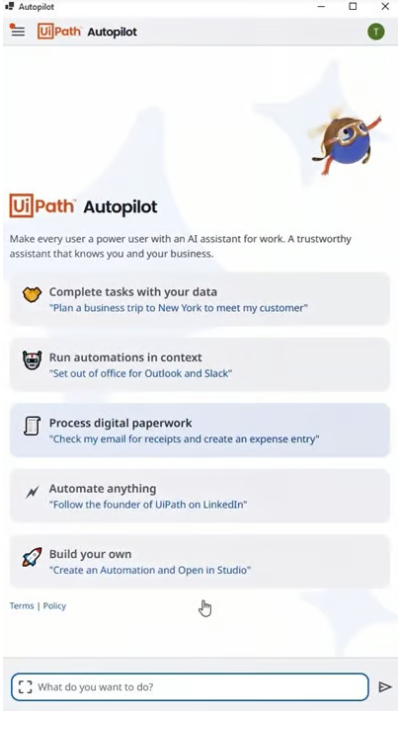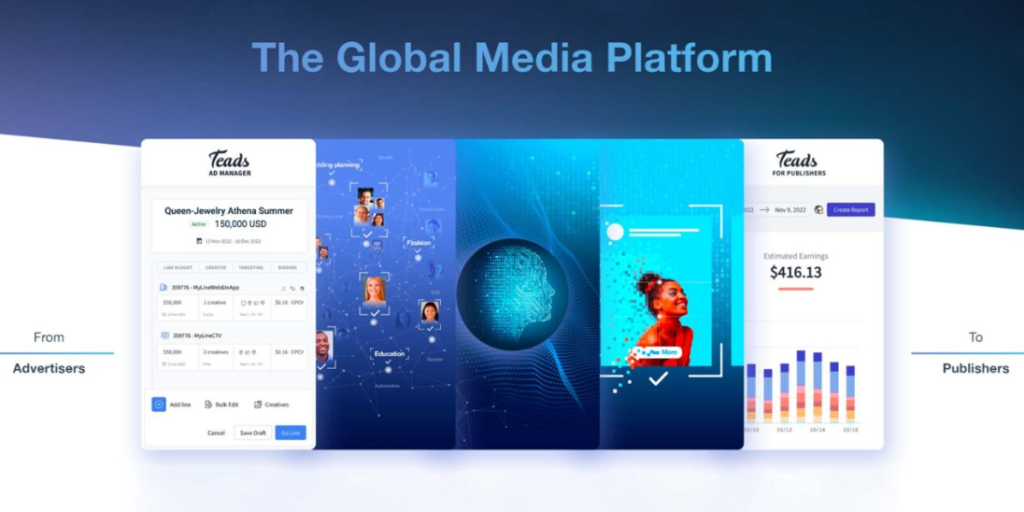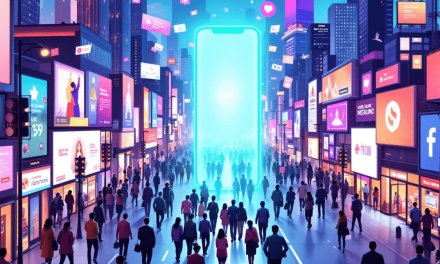In 2024, businesses are facing new challenges and opportunities, demanding a proactive and strategic approach to marketing. Are you ready to navigate the ever-changing landscape of B2B marketing?
2023 has been a very turbulent year for the majority of the markets. It was a new chapter in our human history as we learn how to deal with the aftermath of COVID and caught in between two active wars in the Middle East and Europe.
In 2024, businesses are facing new challenges and opportunities, demanding a proactive and strategic approach to marketing. Are you ready to navigate the ever-changing landscape of B2B marketing and emerge as a leader in your industry?
This year, we have witnessed the rise of artificial intelligence (AI) and other major transformative contributors in the marketing world. Previously I also highlighted and demonstrated how gamification can help B2B marketers drive leads, brand demand, and sales. But are these trends still relevant in the future? If yes, how so? Let’s take a look at various ways you can future-proof your B2B marketing in 2024 and in the coming years.
Gamification for brand demand generation
Gamification is a barely new concept that I comprehensively discussed how it works in my previous articles. This strategy became very popular in the business-to-customer (B2C) sector, encompassing retail and e-commerce. In 2023, the power of gamification in the B2B world was exposed.
ThinkLogic Media Group has pioneered the application of gamification in APAC demand generation in 2021. The APAC focused media publisher, known for its demand generation services, has helped tech companies position their brand authority and thought leadership through video quizzes, crossword puzzles, and other gamification campaigns.
Gamification matters in SEO, website design, content marketing, public relations (PR), and other digital marketing strategies. For this reason, gamification plays a critical role in demand generation, and I even cited some real-world B2B gamification examples to show how it works.
In 2024, you can future-proof your B2B marketing with gamification with the following strategies:
- Including video quizzes for your B2B campaigns
- Incorporating gamification into case studies showing the effectiveness of solutions
- Using animations, avatars, and other game elements in B2B online marketing
- Gamifying B2B online marketplaces
- Lead generation with the help of B2B gamification experts
Generative AI for copilot marketing
More and more B2B enterprises will use automation and AI to streamline operations, which includes autopiloting marketing campaigns. UiPath, an automation software company, introduced Autopilot, empowering marketers using generative AI. AI copilots can generate content, offer suggestions, answer questions, and perform tasks.
Flo Ye, the Director of Automation Solutions at Dentsu, mentioned in a MartechAsia interview: “Autopilot works alongside humans the way that we actually work, across applications and contexts. I’m particularly excited about how Autopilot for StudioX will continue to lower the barriers to automation entry for our cohort of citizen developers at Dentsu.”
This is how the AI copilot will work:
Imagine a B2B tech company gearing up for a product launch. The marketing team inputs key details, target demographics, and campaign goals. The AI copilot then takes the reins, generating teaser content, identifying the most effective channels, and continuously optimizing the campaign based on real-time analytics.
During the campaign, the AI copilot engages with potential clients on social media, responds to inquiries, and adapts the marketing message based on the audience’s reactions. As the campaign progresses, the AI provides insights on what’s working well and suggests adjustments to maximize impact.
Post-campaign, the AI copilot compiles a comprehensive report highlighting key performance indicators, user engagement patterns, and areas for improvement. Your marketing team can use these valuable insights to refine future campaigns, creating a cycle of continuous improvement.

In 2024, you can future-proof your B2B marketing with AI with the following strategies:
- Adopting customer relationship management (CRM) software with generative AI and advanced automation features
- Improving content content creation with AI to eliminate spelling and grammatical errors and other content-related issues
- Use AI to predict readership content preferences and seek recommendations
- Use AI to improve SEO strategies
Contextual advertising
Contextual advertising places ads on websites or other digital platforms based on the content of the page. This type of advertising can be even more effective for B2B marketing than it is for consumer marketing. This is because B2B buyers are typically more motivated and engaged than consumers, and they are more likely to be in a receptive frame of mind when they are consuming B2B content.
B2B companies can make more meaningful connections with consumers with contextual advertising. Teads, a cloud-based, omnichannel platform, offers programmatic digital advertising that unlocks contextual relevance, helping advertisers connect better with their target audiences.
James Colborn, the Global VP of data at Teads explained, “Due to the depreciation of cookies and the strengthening of regulations, contextual signals have emerged as viable alternatives to third-party cookie-driven data in today’s rapidly evolving industry. This means that the context of the page serves as not only the primary source of contextual advertising but, more importantly, as a valuable foundation for building audiences through contextual signals.”
Contextual signals can include the keywords used on a page, the category of the website, and the type of content being displayed. This type of advertising is more relevant to the user’s current interests and is less likely to be perceived as intrusive.
Here are some examples of how contextual advertising can be used in B2B marketing:
- A software company could place ads on websites that are popular among software engineers.
- A financial services company could place ads on websites popular among business owners and executives.
- A manufacturing company could place ads on websites that are popular among supply chain professionals.
Contextual advertising is a valuable tool for B2B marketers who want to reach their audience effectively. By using contextual advertising, B2B marketers can increase their reach, improve their targeting, and generate leads.

As a B2B marketer, you can leverage gamification, generative AI, and contextual advertising to future-proof your marketing campaigns. Other key strategies include influencer marketing, video marketing, voice search, and embracing diversity, equality, and inclusivity. I’ll discuss more about them as we move closer to the new year to equip you with the right knowledge about B2B marketing and prepare to face the new year with a bang!


















